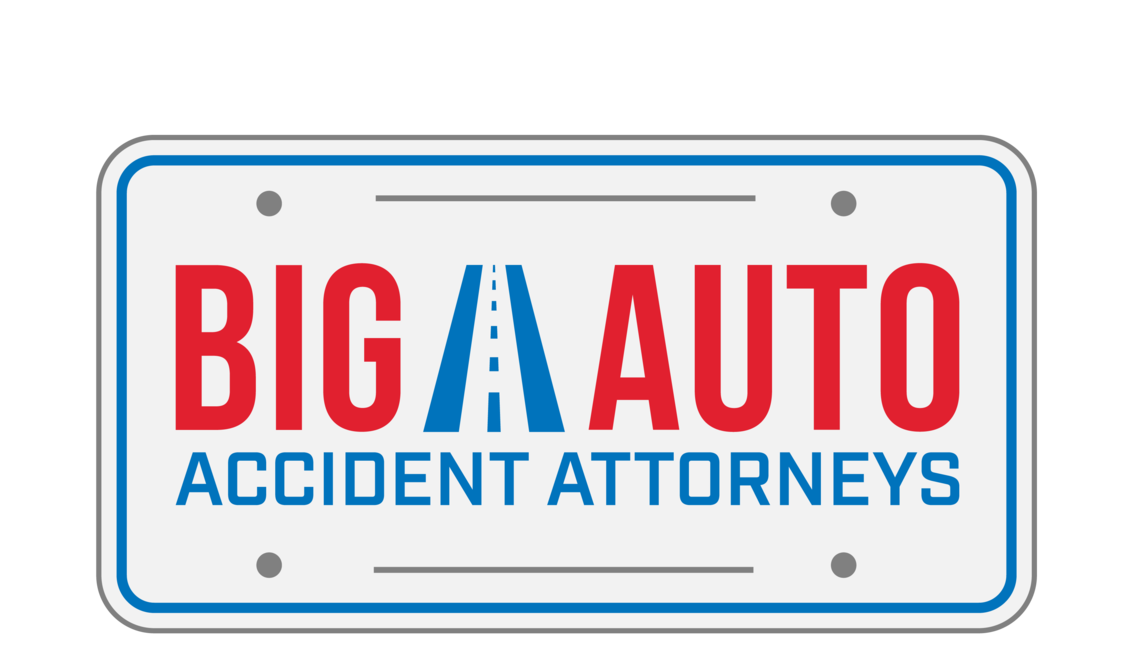Can I Still Pursue A Car Accident Claim If I Was Partially At Fault?
FREE CASE REVIEWEvery year, there are an average of 6 million car accidents in the U.S., injuring 3 million people annually and killing over 90 people daily. While only one party is responsible for causing some of these, most collisions have two or more contributing parties. The second situation is so common that states have laws to address compensation issues when there is shared responsibility.
If you sustained injuries in a car accident, you know that accident-related expenses rise quickly. Can you pursue a car accident claim even if you were partially at fault? Let’s find out.
How Do State Laws Address Shared Responsibility for Car Crashes?
Each state sets its own negligence laws to address situations when more than one party is at fault, and these laws vary. It’s important to find out the laws in your state because they directly affect your accident claim.
When you contact Big Auto about your case, “Where did the accident happen?” is one of the first questions you’ll answer. That’s because we — and everyone else involved in the accident — have to follow the laws in that state.

Eligibility to Seek Damages
These laws govern who can seek damages and who has to pay but also specify how much you might pay or receive. When more than one party shares fault, each is assigned a percentage of the blame. We’ll use an example to explain how this concept works.
Joe, Sue and a government agency each contributed to causing a crash. Joe’s degree of fault is 60%, Sue’s is 25% and the government entity’s is 15%. Each party is responsible for paying the assigned percentage of their own damages.
Whether these parties can seek compensation for the rest of their damages depends on the laws in that state. If laws allow, the amount they can obtain is reduced according to that party’s degree of fault.
For instance, in a $100,000 claim, the most Sue might receive is $75,000 because she was 25% responsible for causing the accident. Joe and the government agency would each pay a portion of that $75,000. Again, each state’s laws differ, so you need to find out which laws apply to you.
If that concept confuses you, you are not alone. Contact a knowledgeable car accident attorney in your area to find out more.
Definition of Negligence
The concept of negligence is the basis for most personal injury cases, including car accident claims. Basically, negligence means failing to do something, either by action or inaction, that a reasonable person would do in the same situation.
Every driver has a duty of care to minimize the risk of harming others by following safe driving practices. To prove negligence, your car accident lawyer must show that:
- Someone owed you a duty of care
- That party breached their duty of care
- The breach caused injuries
- Your injuries and damages are the direct result of the breach
Other parties also have a duty of care to drivers and passengers on the nation’s roads. We will discuss that in a moment, but for now, we are focusing on negligence.
Without evidence of negligence, you will likely have a difficult time obtaining compensation if you qualify to seek it. Your car accident attorney from Big Auto knows what kinds of evidence to look for and how to find it.
Types of Negligence
Each state follows its own system:
- Pure comparative fault: In these states, you can seek damages even if you were 99% responsible for causing a car accident.
- Pure contributory negligence: You cannot seek any damages if you share even a small portion of the blame.
- Modified comparative fault: Most states follow these rules that allow injured accident victims to seek compensation as long as their percentage of fault is below the bar; some states use a 50% bar while others use 51%.
As you can see, it is crucial that your assigned degree of fault is accurate. Other parties may try to place an unfair degree of blame on you to minimize how much compensation they must pay. Your Big Auto car accident attorney will not let that happen.
Why Do We Say “Party” Instead of “Driver”?
You might think that drivers are the only ones who can cause accidents, but that isn’t the case. “Party” is the correct term because lots of things can lead to accidents, and the person, company or agency responsible for the contributing factor might be liable.
Potentially liable parties other than drivers include:
- Employers or trucking companies
- Vehicle or parts manufacturers
- Mechanics or maintenance companies
- Government agencies responsible for road maintenance
- Establishments or people serving alcoholic beverages to intoxicated or underaged persons
The list varies depending on the specific circumstances of your accident. In many cases, a full-scale investigation takes place to sort out what happened to cause the collisions.
Why Does Fault in Car Accidents Matter?
People involved in accidents may sustain injuries, and the collisions usually cause damage. Although accidents happen quickly, they often produce long-term consequences that affect several aspects of your life, such as:
- Medical conditions that require treatments
- Totaled vehicles
- Extended time away from work during recovery or the inability to return to work at all
- Temporary or permanent disabilities
- Changes to your quality of life
Some of these compensatory damages are reimbursements for accident-related expenses; others compensate you for the impact the accident and your injuries have. You deserve compensation for these damages, even if you partially contributed to causing your accident.
The laws governing fault not only specify who can seek compensation; they also designate who is responsible for paying that compensation. Without clear evidence proving fault and liability, insurance companies may deny your claim.
Who Investigates Car Accidents?
There are often several interested parties in car accident cases, and each might investigate the circumstances for their own reasons:
- Insurance companies representing each person or entity involved in the accident need to discover if they are responsible for paying damages and to what degree.
- Law enforcement agencies may need evidence to support making criminal charges.
- Manufacturers of faulty parts need data to show them why the part failed, what reaction it caused and suggested modifications needed to prevent further accidents.
- Government agencies might adjust road maintenance schedules, place traffic signals or street lights in areas where accidents are common, modify speed limits or change traffic patterns.
- Attorneys representing the interests of any involved party need to know how best to serve their clients.
The cause of some accidents is relatively straightforward, and these don’t require much investigation. Others, such as multiple-vehicle crashes or those producing severe or fatal injuries, necessitate in-depth investigations to uncover evidence.
Why Should You Contact Big Auto?
In car accident claims where you share a portion of the fault, hiring an attorney who knows the local laws is vital. Big Auto has a nationwide network composed of knowledgeable and competent car accident lawyers who can help with your claim regardless of the state where the accident occurred. When you hire us, you acquire the power and resources of a large firm capable of handling car accident claims of any complexity; however, you will still get the personal attention you deserve.
Contact Big Auto today to request your free case review. Call us 24/7 at (844) BIG-AUTO or (844) 244-2886, email us or submit our online contact form.


